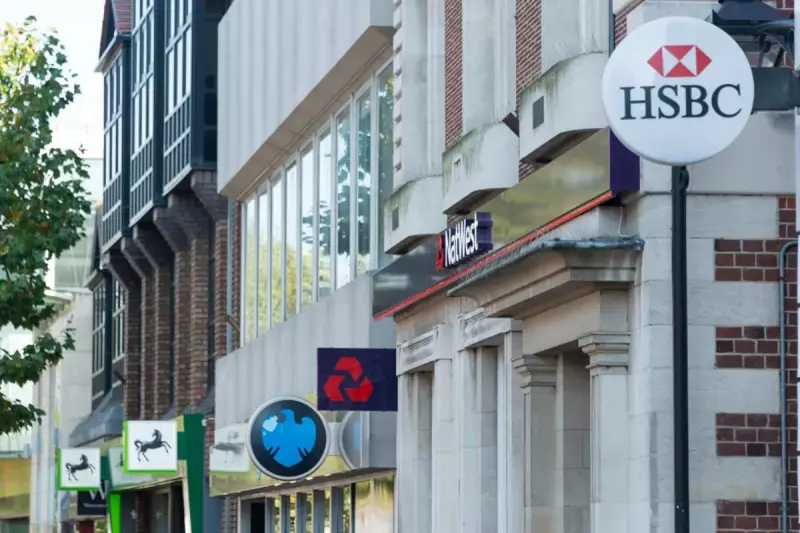
In a significant victory for Britain's financial sector, Chancellor Rachel Reeves has quietly shelved plans for a substantial tax increase on banks following intensive behind-the-scenes lobbying from industry leaders.
The Labour government had been considering measures that could have raised up to £4bn from the banking industry, but has now stepped back from what many in the City had feared would be a damaging raid on the sector.
The Lobbying Campaign That Changed Minds
Senior banking executives and industry representatives mounted a concerted effort to persuade Treasury officials that additional taxes would undermine the UK's competitive position. Their arguments highlighted how increased levies could:
- Drive financial institutions to relocate overseas
- Reduce investment in UK economic growth
- Weaken London's position as a global financial hub
- Ultimately decrease rather than increase tax revenues
A Strategic Retreat
Government insiders suggest the decision represents a pragmatic approach from Reeves, who appears to be balancing her party's traditional stance on business taxation with the economic realities of post-Brexit Britain. The Chancellor recognises that maintaining the City's global competitiveness remains crucial for funding public services.
The banking sector has welcomed the move as evidence that the Labour government is willing to listen to business concerns, particularly regarding policies that might affect Britain's appeal to international investors.
What This Means for the Future
While the immediate threat of additional banking taxes has receded, the Treasury continues to explore other revenue-raising options. The financial services industry remains watchful, aware that the government's need to fund public spending commitments could still lead to future fiscal challenges.
This development marks an important early test of Labour's relationship with the City, suggesting a more nuanced approach than some had anticipated before the election.





